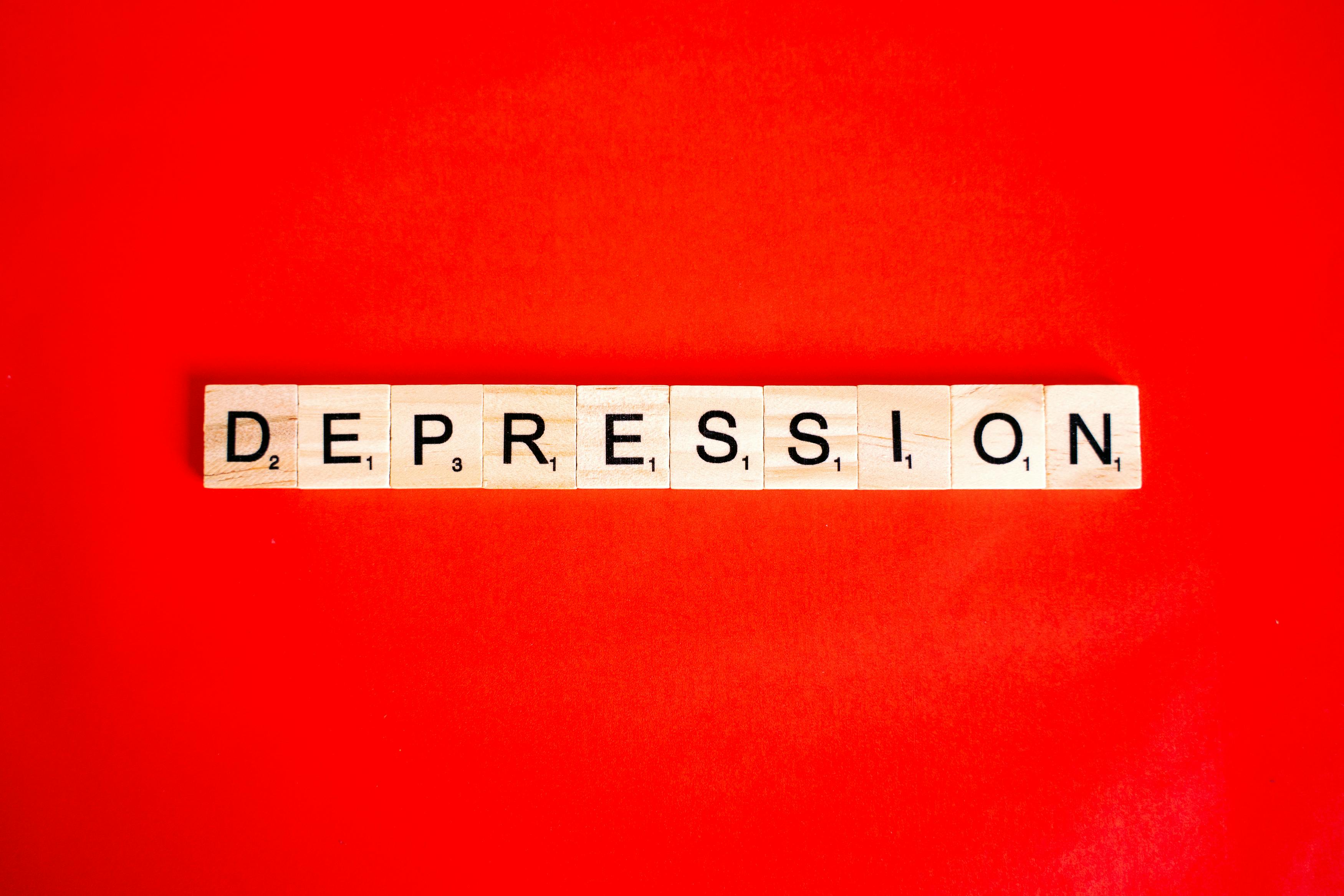Okay, let’s dive into a topic that’s both heavy and hopeful—childhood trauma. It can seriously overshadow a person’s life, sneaking through the doors of mental health, relationships, and overall well-being. I remember reading that about 61% of adults carry at least one adverse childhood experience (ACE) on their backs. Sounds wild, right? These experiences leave emotional scars that don’t just vanish over time. To really break free from this kind of shadow, it’s super important to figure out how to do it. What follows is a pretty comprehensive roadmap to healing, grounded in science, designed to help you tackle those past traumas and move forward.
Table of Contents
- Understanding Childhood Trauma
- The Impact of Trauma on the Brain
- Steps to Healing from Childhood Trauma
- Overcoming Negative Patterns
- Building Resilience
- The Role of Community Support
- The Journey to Self-Compassion
- Embracing the Future
Understanding Childhood Trauma
Childhood trauma—it’s not a one-size-fits-all kind of thing. It can come from physical abuse, emotional neglect, or even just witnessing something violent. What’s key here is realizing how these experiences shape who we are as adults. According to a study published in Child Abuse & Neglect, folks with high ACE scores run a higher risk of facing issues like mental health disorders, chronic illnesses, and premature death. I know, heavy stuff. But understanding where the trauma stems from is the gateway to healing, no doubt about it.
The Impact of Trauma on the Brain
Talking about trauma isn’t just emotional—isn’t it funny how it can literally change your brain? It’s something neuroscience has been diving into, and the findings show trauma affects parts like the amygdala and hippocampus—those areas that help with emotions and memories. Often, this means stress and irregular emotions can become daily guests in your life. Brain imaging studies shine a light on these changes, making it loud and clear why we need specific interventions to help the brain get back on track.
Steps to Healing from Childhood Trauma
1. Acknowledge Your Trauma
Acknowledge… seems like a small word for such a big step. But it’s crucial. You’re looking back at the events that have left marks, and realizing their influence on your life. Writing things down in a journal or talking to a therapist can help you sift through complex feelings. According to the Journal of Trauma & Dissociation, this acknowledgment is a must-have for the healing process to kick off.
2. Seek Professional Support
This one might sound familiar, but hear me out: talking to a mental health professional who ‘gets’ trauma therapy can change the game completely. Cognitive Behavioral Therapy (CBT), Eye Movement Desensitization and Reprocessing (EMDR), and somatic therapies have shown lots of promise in reducing PTSD symptoms. Didn’t a study in the Journal of Clinical Psychology mention that EMDR offers a serious path to recovery? Yep, transformational stuff.
3. Practice Mindfulness and Meditation
Alright, this is where mindfulness and meditation come into play. Staying grounded can be a life-saver when stress takes the wheel. Letting emotions wash over you without judgment is tougher than it sounds, but a JAMA Internal Medicine study swears by mindfulness programs for slashing stress, anxiety, and depression—all-too-common friends for those who’ve faced trauma.
4. Rebuild Trust Through Relationships
Trauma can mess with your ability to trust—many of us have been there. Yet, mending this can be healing. Building relationships with folks who support and respect you is priceless. That Harvard Study of Adult Development—you know the one—backs it up: strong relationships are gold for mental health and resilience.
5. Engage in Creative Expression
Ever tried painting your feelings out? Or dancing them? Creative arts like music, dance, and art can act as another avenue to process trauma. It’s like speaking in a different language. A piece in the Arts in Psychotherapy journal even points to how these therapies help with emotional regulation.
Overcoming Negative Patterns
Trauma often drags along self-destructive behaviors and not-so-pretty thought cycles. The trick is to recognize and rewrite them. Cognitive restructuring, a key part of CBT, helps flip those counterproductive thoughts around. According to the American Psychological Association, it’s pretty effective at lifting trauma-related symptoms.
Building Resilience
Resilience might sound innate, like it’s either there or not—but nope, you can build it. Through self-care, realistic goals, and solid coping strategies, resilience can grow. A Journal of Adolescent Health study spotted resilient-building programs turning psychological outcomes around for the better in trauma survivors. Oh, and don’t forget the basics: regular exercise, balanced diets, and good sleep play their parts too.
The Role of Community Support
Community support—isn’t it amazing what a sense of ‘we’re in this together’ can do? Joining support groups or local events can foster that feeling of belonging we’re all wired to crave. The Mental Health Foundation hits the nail on the head: community connections are vital for promoting well-being.
The Journey to Self-Compassion
Self-compassion—think of it like treating yourself like you would a dear friend. Sounds simple? Not always, but it can be powerful against trauma’s effects. As a Journal of Traumatic Stress study suggests, self-compassion can buffer trauma’s effects, boosting emotional regulation and self-esteem.
Embracing the Future
Whew—breaking free from childhood trauma is quite the ride. It’s a journey, not a single destination. Don’t forget to celebrate those small wins along the way and be patient with yourself. This healing path is truly transformative—you gain strength and clarity along the way.
Remember, healing from childhood trauma asks for a layered approach—one that honors past wounds while nurturing resilience and compassion for oneself. Through therapy, nurturing relationships, and some quality self-care, breaking those traumatic chains and chasing a future filled with hope is totally within reach.
Ready to start on this path to healing? Check out Hapday for resources and support to guide you. Explore more and step into your transformation today!

